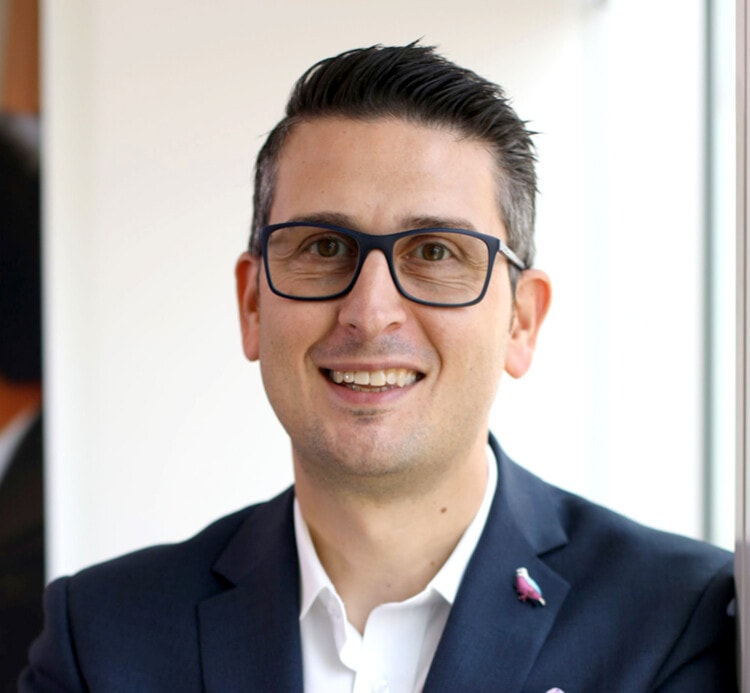Mobile Financial Subscriber Services on the Rise in Sub-Saharan Africa
There are indications that Sub-Saharan Africa is experiencing a huge leap in the adoption of mobile subscriber financial services according to a recent report by global telecoms equipment manufacturer, Ericsson. The new Ericsson Consumer and Market Insight report entitled, ‘Mobile Financial Services on the Rise’ reveals that nearly half of all consumers in Sub-Saharan Africa use mobile financial services in 2021 – a more-than three-fold increase in the last six years.
The Mobile Financial Services on the Rise report also highlights the impact of the Covid 19 pandemic on mobile financial services uptake, with 54 per cent of consumers saying that they use mobile financial services transactions more now.

About 70 per cent are more positive towards mobile financial services as a preferred contactless alternative to cash. The report research was conducted by Ericsson Consumer & IndustryLab in early 2021.
Read also:Binary Innovative Technology Solutions on a Drive to Support its Growth
It surveyed 3,200 consumers across six Sub-Saharan African countries – Senegal, Angola, Nigeria, Cote d’Ivoire, Ghana, and Ethiopia – to assess the growth of mobile financial services in light of technology and infrastructure gains across the region, as well as the Covid-19 pandemic impact on financial behaviour.
The report highlights that users list faster transactions as the number one factor that would encourage them to use mobile money services more often in the near future.
About 70 per cent believe that faster transactions would encourage them to use mobile money services more, while 51 percent highlighted higher security.
Most non-users are now aware of mobile financial services, with as many as 8-in-10 saying they are very interested to start using it.
Mr Lucky La Riccia, Vice President and Head of Digital Services, Ericsson Middle East and Africa, said: “This new research underlines the significant empowering role that mobile financial services play in Sub-Saharan Africa, both in combating the impact of the pandemic and in fuelling economic development across Africa through the transformational potential of expanded and affordable access to financial solutions.”
Read also:Shell Backs Energy Fintech, Infibranches, In $2m Funding Round To Bridge Energy Gap In Nigeria
He added: “Our aim is to support the digitalisation of Africa through technologies such as mobile broadband. Ericsson’s mobile financial solutions support this aim as we accelerate financial inclusion.”
Communications Service Providers (CSPs) are the most popular mobile financial services supplier, with up to 90 per cent of Sub-Saharan African mobile financial services users now using the technology through these companies.
Mobile financial services are currently enabling basic financial services such as withdraw, transfer, storing money, as well as advanced services such as microfinance and insurance.
Kelechi Deca

Kelechi Deca has over two decades of media experience, he has traveled to over 77 countries reporting on multilateral development institutions, international business, trade, travels, culture, and diplomacy. He is also a petrol head with in-depth knowledge of automobiles and the auto industry





